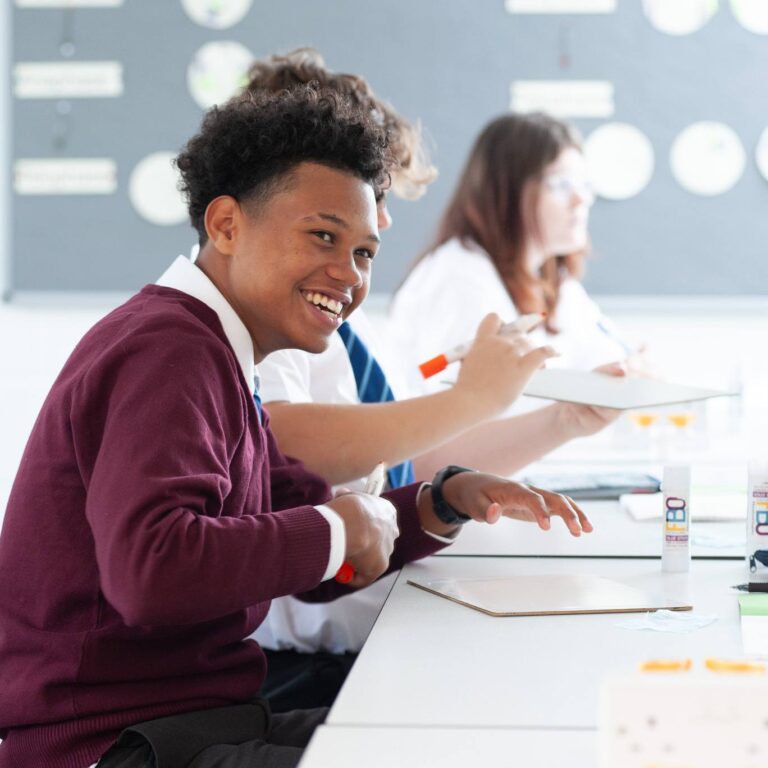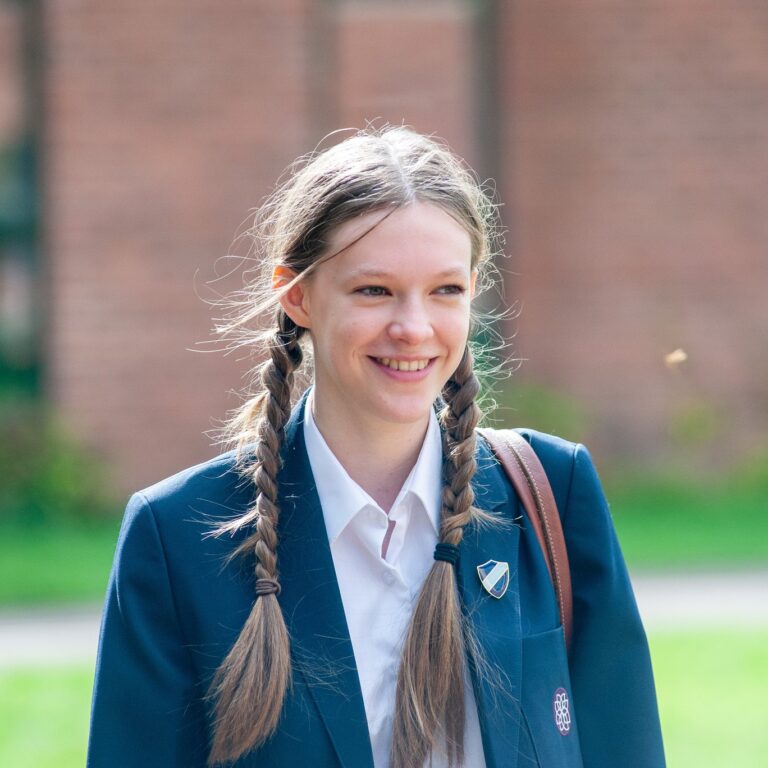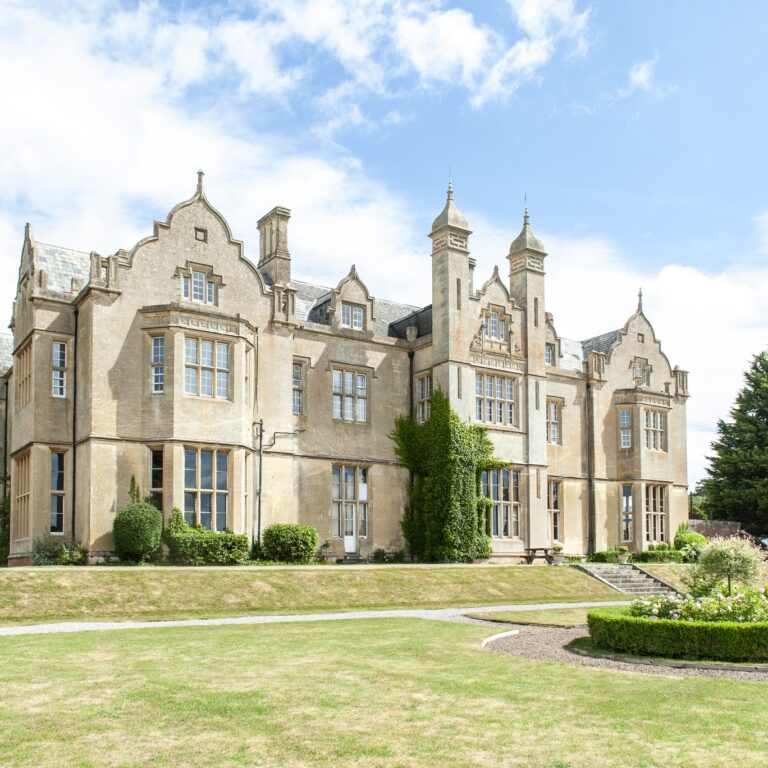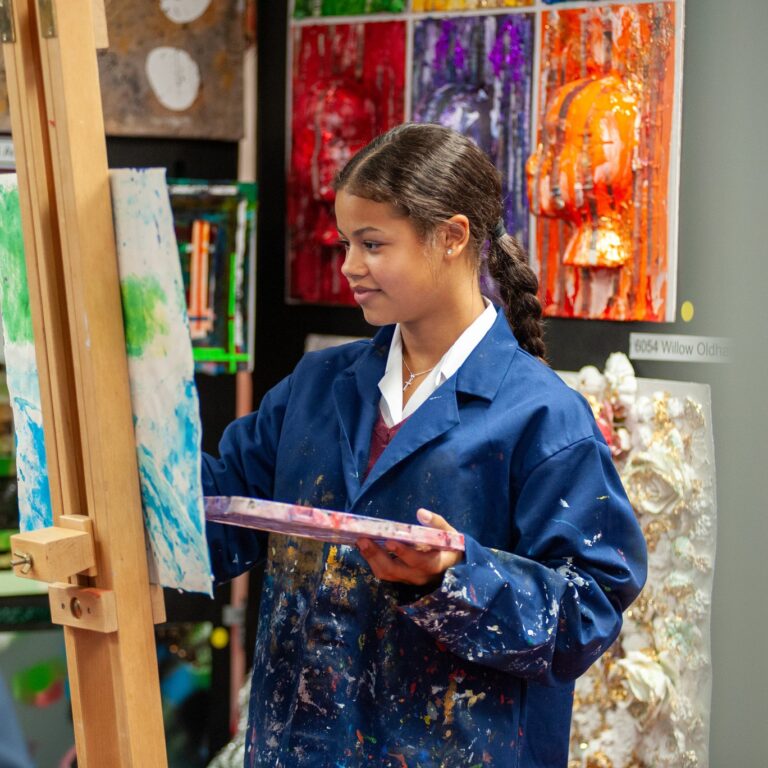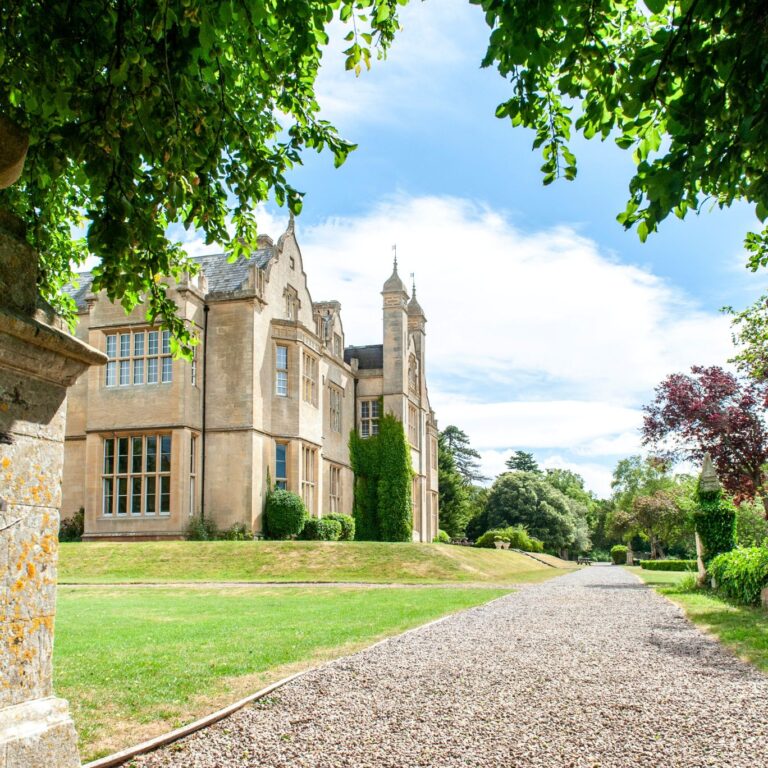Why Study English?
Building Communication, Confidence and Success – Whatever Your Pathway
“Communication is the most important skill
any leader can possess.”
Sir Richard Branson, entrepreneur & author
At Bredon, English is about far more than just passing exams. It’s about developing the ability to understand, interpret and communicate – skills that are essential in every area of life, work and study. Every student is different, so our English curriculum at Key Stage 4 is carefully tailored to give each individual the best chance of success. The English department decides the most suitable pathway for every student, based on our deep understanding of their needs and learning profile.
What You’ll Study
You will follow one of three pathways designed to match your abilities and future goals:
English Literature & Language GCSE
Some students will study for both GCSEs, exploring a rich mix of poetry, plays and novels through coursework and two exams, alongside unseen texts to prepare for the Language paper.
English Language GCSE only
Some students will focus solely on Language, preparing for one exam and completing three pieces of coursework that build practical reading and writing skills.
Functional Skills English (Levels 1 & 2)
Other students will take a more practical route, working towards Level 1 and Level 2 Functional Skills qualifications. Level 2 is equivalent to a Grade 4 in GCSE Language. This pathway includes a reading exam, a writing exam and a speaking/group discussion assessment.
How You’ll Learn
All learning is classroom-based, with plenty of opportunities to discuss ideas, practise writing and build skills step by step. Our small class sizes mean students get close support, whether working on coursework, preparing for an unseen text or building confidence in speaking and listening.
Assessment & Exams
Your assessments depend on your pathway
English Literature
2 pieces of coursework + 2 exams
English Language
3 pieces of coursework + 1 exam
Functional Skills
1 internally-assessed speaking & listening assessment + 2 exams
Where can English take you?
Whichever pathway you take, you’ll develop communication, reasoning and critical thinking skills that are essential for life after school.

